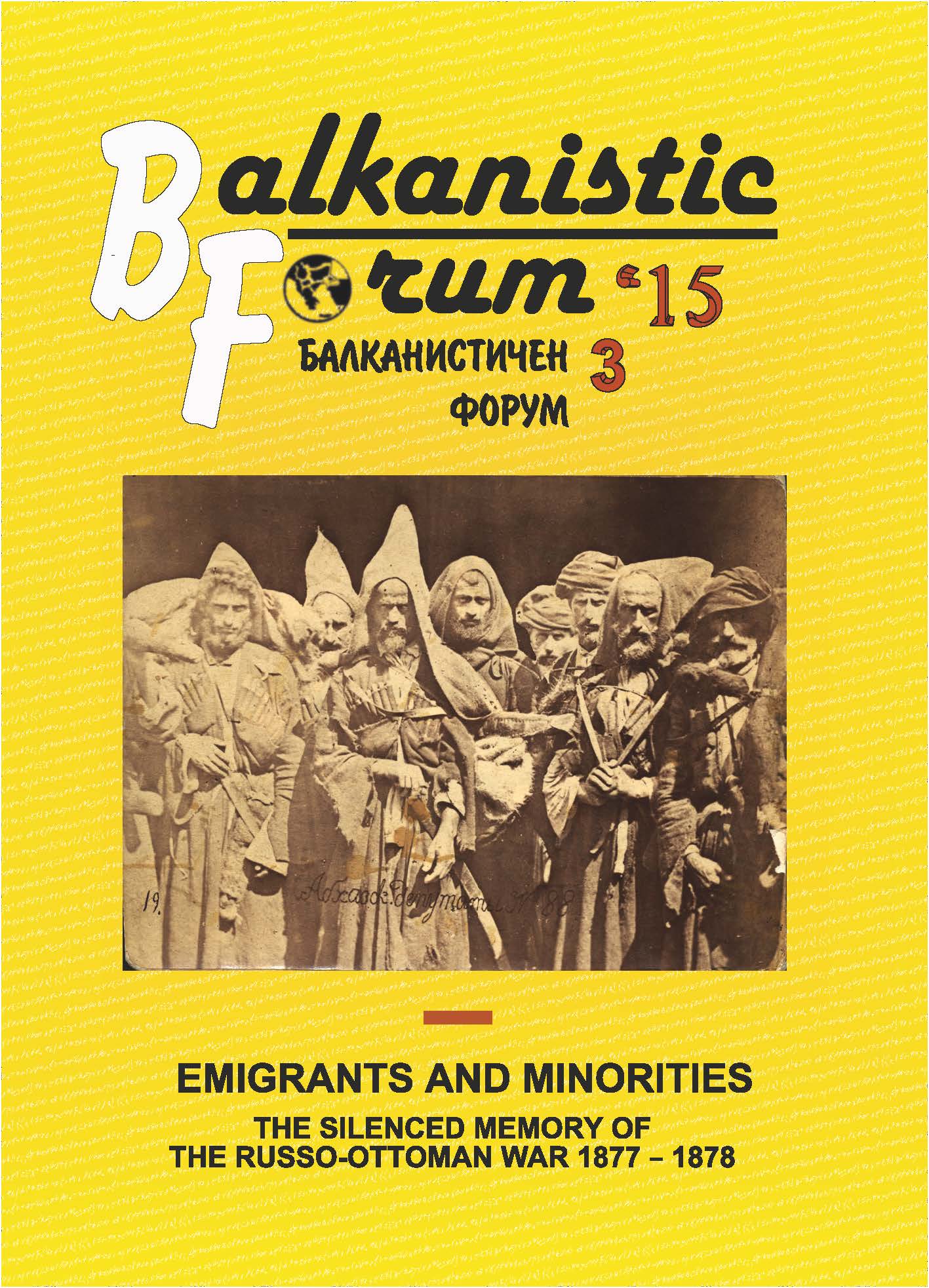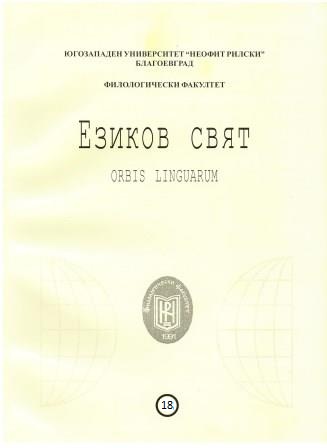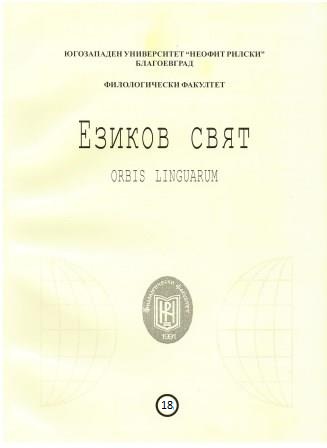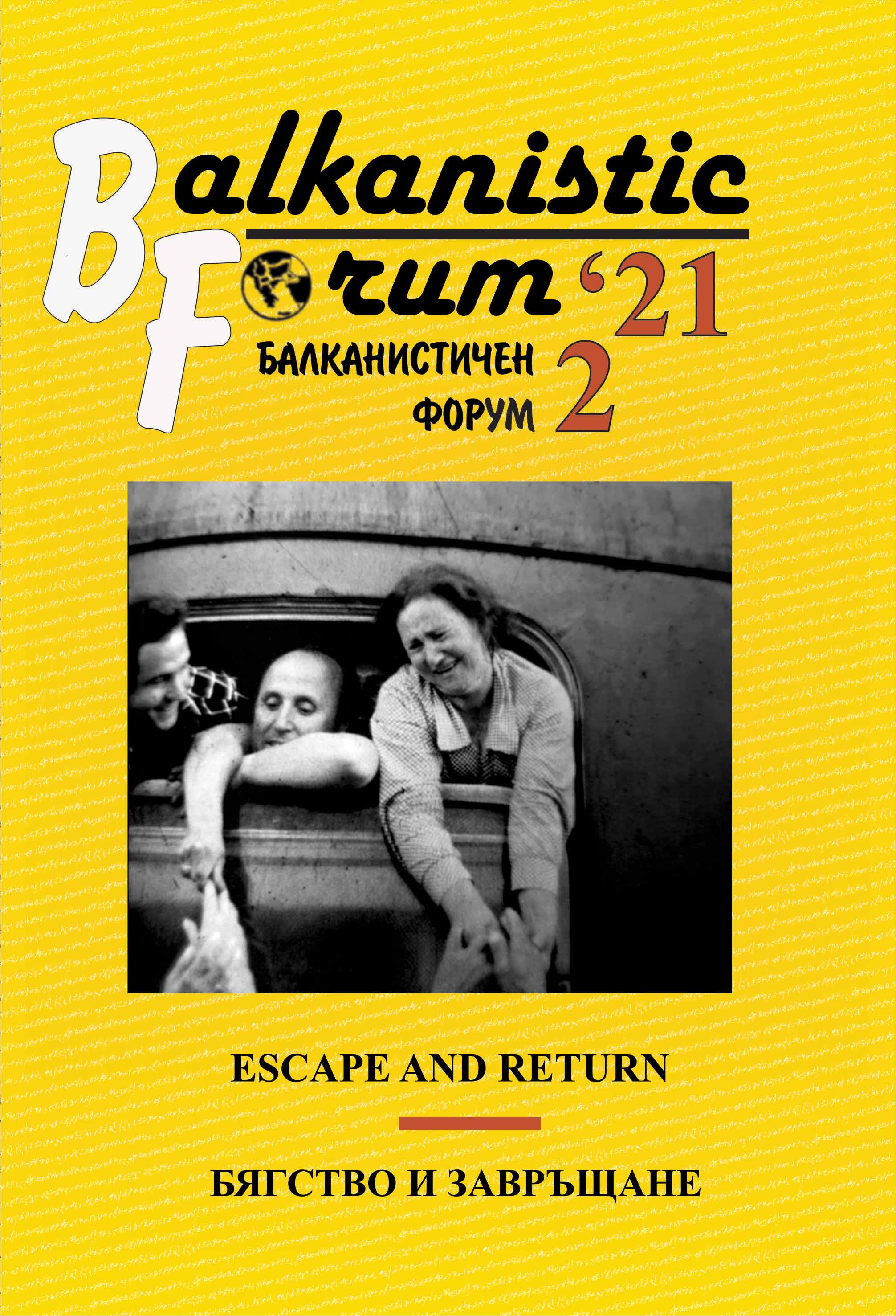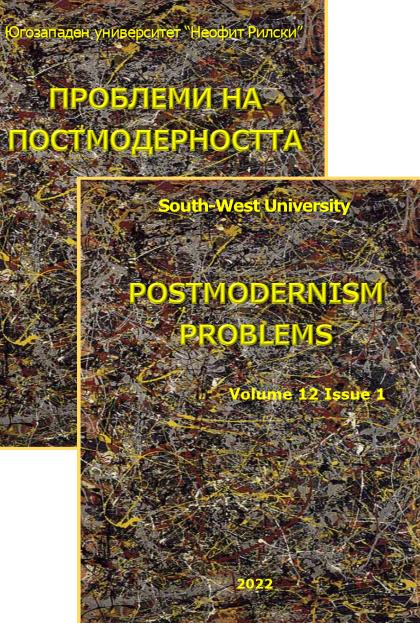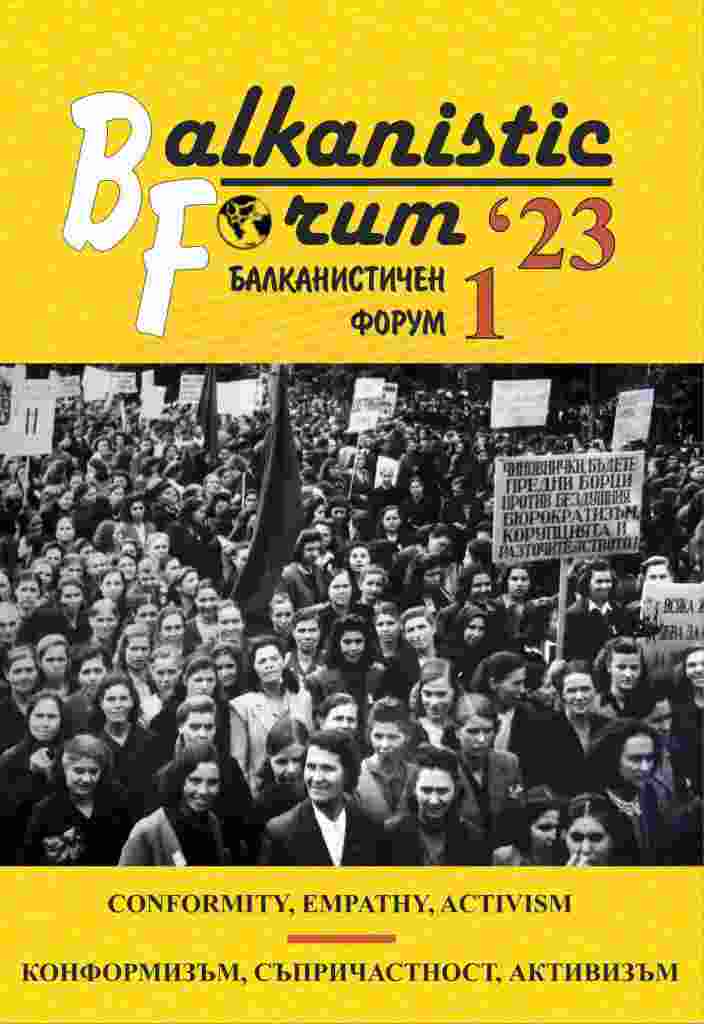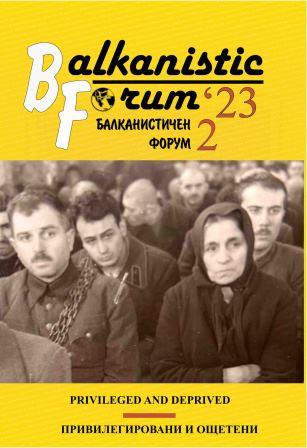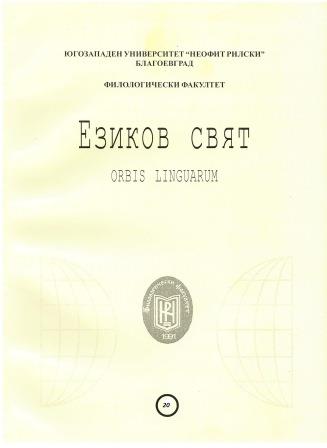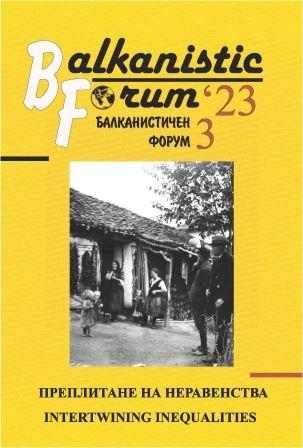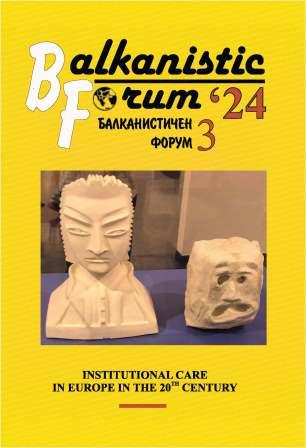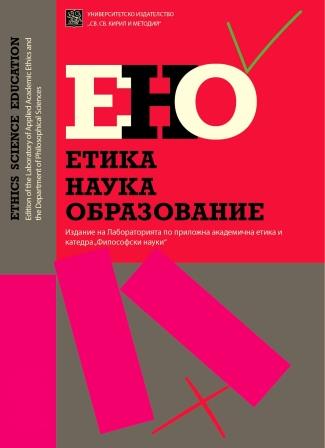Author(s): Oksana Chervenko,Snezhana VELIKOVA / Language(s): Bulgarian
Issue: 1/2020
This article analyzes the phenomena of interdiscursivity, intertextuality, precedent texts and their functions in the websites forum medialect, which could be described as an online space, where specific language usage related to internet communication is manifested. The main purpose is, firstly, to comment on these functions and, secondly, to analyze their relationship to participants’ linguistic behavior established around a specific news media in the public discourse. By presenting specific solutions, the article discusses the categories of intertextuality, interdiscursivity, precedent texts, and medialect. The illustrations for the analysis are taken from predominantly news-oriented online journalistic websites, and the article analyzes the speech behavior of the participants in the comment section medialect. Based on specific examples, the article draws conclusions about the role of the internet media in the use of the three phenomena and of the manifestations of the cooperative and masking functions performed by intertextuality, interdiscursivity and precedent texts included in the linguistic range of the commentators. The roles of the three categories in the formation of the communicative act and its outcome are commented in terms of topics that are sensitive for both journalists and the commentators of their articles. These are mainly topics that attract multiple comments due to their significance for a group of users or for the whole society, such as ethnic minorities, migration, corruption, political practices, political actors, etc. Furthermore, they manage to provoke the activity, dexterity, originality of the ones taking part in the communicative acts and thus to create favorable conditions to observe web specific linguistic practices; to track specific language usage and the communicative behavior of the addressers in the public space, observable in the internet media.
More...
